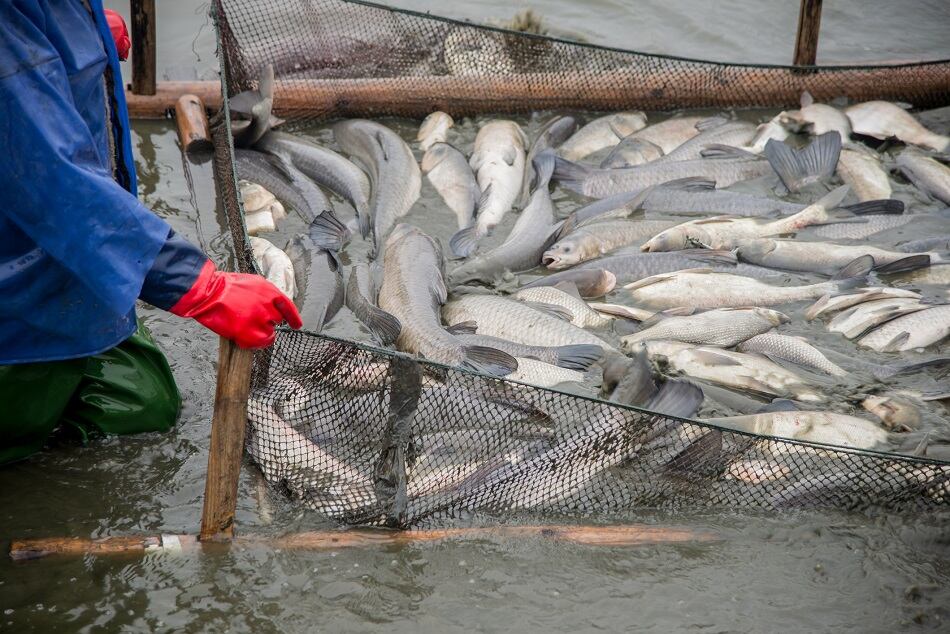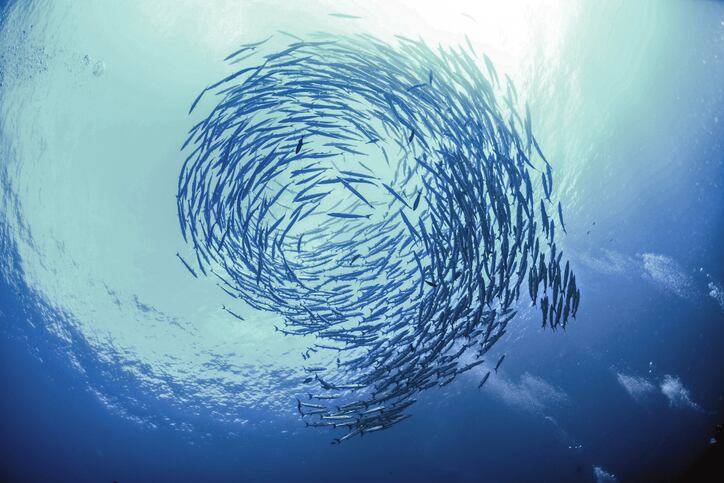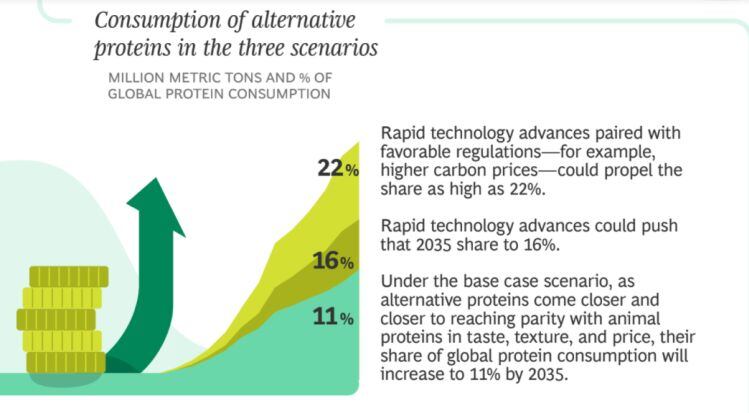Touted as both a solution to food insecurity and the global issue of overfishing, aquaculture is the fastest growing farmed food sector, according to the FAO’s The State of World Fisheries 2020 report.
FAO reported that global fish consumption increased at an annual rate of 3.1% between 1961 and 2017, twice that of the annual world population growth for the same period, and higher than other animal protein foods (meat, dairy, milk, etc.) consumption of which increased by 2.1% over the same period.
"The scale of modern aquaculture is immense and still growing," said Becca Franks, a research scientist at New York University's Department of Environmental Studies and the lead author of the study, which appears in the journal Science Advances. "Yet we know so little about the animals that we are putting into mass production, and the negative consequences of aquaculture's expansion on individual animals will just continue to accumulate.”
According to researchers, the study is the first to systematically examine the animal welfare for the 408 aquatic animal species – including salmon, carp, and shrimp – being farmed around the world. The researchers found that specialized scientific studies about animal welfare were available for just 84 species. The remaining 324 species, which represent, the majority of aquaculture production, had no information available on animal welfare for these species, said researchers.
Lack of knowledge around farmed fish welfare
Exploring the subject further, researchers found the knowledge gap to be even wider than expected raising concerns that the rapid growth of the aquaculture industry is moving ahead without sufficient knowledge of the animal life it is growing in massive quantities for human consumption.
Previous studies have shown that fish have cognitive abilities, long-term memories, and can feel pain. A 2003 UK study – often cited as the landmark study to beginning a serious discussion around the welfare of fish and other aquatic species– found that fish have well-developed prefrontal cortical lobes (believed to be responsible for consciousness in humans), produce complex behavior, and as a result, have the potential to suffer and experience pain.
A more recent study from 2015, revealed that fish perception and cognitive abilities often match or exceed other vertebrates, and therefore should be afforded the same level of animal welfare protection as other species of animals.
Currently in the US, there is no federal law directly related to the animal welfare of farmed fish species (unlike how many other species of animals raised for human consumption are protected by USDA laws requiring humane methods of slaughter).
However, many private organizations and welfare groups have stepped up with their own standards of practice to protect fish welfare.
The results of the research showed that only 25 species or roughly 7% of animals being farmed in aquaculture, had five or more publications on these animal welfare. By contrast, 231 species had no welfare publications while 59 had only one to four such publications. The remaining 93 did not have species-level taxonomic information, meaning it lacked sufficiently detailed findings on these species.
"While the presence of animal welfare knowledge does not ensure well-being, the absence of such information is troubling," said Franks. "In sum, our research reveals that modern aquaculture poses unparalleled animal welfare threats in terms of the global scope and the number of individual animal lives affected."




